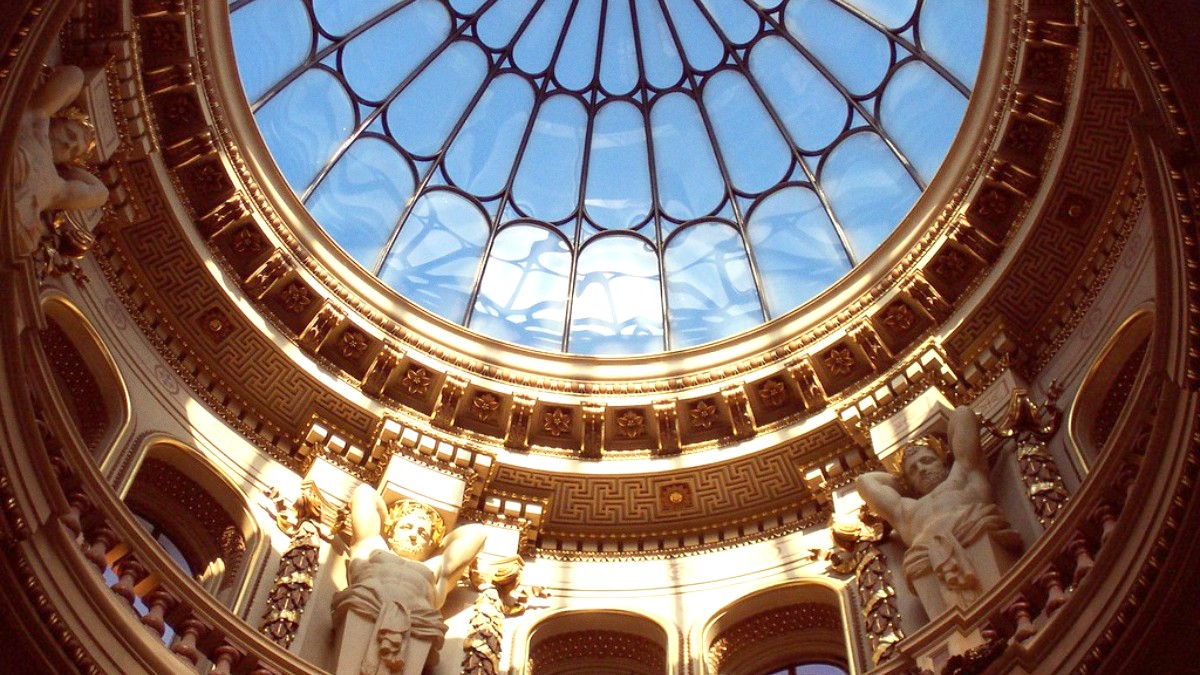
Eastern England, England
Cambridge experiences a temperate climate with distinct seasons. Spring (March-May) brings mild temperatures (5°C-15°C) and blossoming gardens. Summer (June-August) is warmest (15°C-22°C) with longer daylight. Autumn (September-November) cools (8°C-15°C) with beautiful light. Winter (December-February) is coldest (1°C-7°C) with occasional frost.
Rainfall distributes fairly evenly year-round, with October and November often seeing higher precipitation. Always pack a waterproof layer, as British weather is changeable. Humidity generally stays moderate.
Cambridge does not experience monsoons or hurricanes. Extreme temperatures, both very high and very low, are rare. Occasional heavy rainfall can lead to localized flooding in very low-lying areas, specifically near the River Cam.
This seldom impacts central Cambridge tourism significantly or disrupts major infrastructure. Stay informed by checking local weather forecasts during your visit.
June-August
Warmest weather, longest daylight. City buzzes with activity, extended opening times. Ideal for punting, cycling, outdoor pursuits. Gardens in bloom.
Higher prices for accommodation, flights. Large crowds at popular attractions. Book well in advance for lodging and tours.
April-May, September-October
Pleasant weather, fewer crowds than summer. Prices typically more reasonable. Spring blossoms, autumn foliage. Colleges more accessible; academic terms in session.
Cooler temperatures than summer. Increased chance of rain. Outdoor activities may depend on daily weather.
November-March
Lowest prices for accommodation, flights. Minimal crowds for a serene local experience. December brings festive atmosphere and Christmas markets.
Coldest weather, shortest daylight. Some outdoor attractions may have reduced hours. Punting is less comfortable in colder weather.
The UK operates its own visa system. Many non-EEA nationals (e.g., USA, Canada, Australia, New Zealand) do not need a visa for stays up to 6 months. From late 2024, many non-visa nationals will require an Electronic Travel Authorisation (ETA) via an online application. A Schengen visa does not grant entry to the UK.
Your passport must remain valid for your entire UK stay. You must show sufficient funds, accommodation details, a return or onward ticket, and clearly state your visit purpose. Digital photographs meeting specifications are needed for visa applications.
No general entry fees. Visa application fees apply. The upcoming ETA will also have a fee (around £10).
Eligible nationalities use automated e-gates. Others undergo a brief interview with a Border Force officer. Have documents ready.
No special permits are generally needed for tourism within Cambridge.
No specific vaccinations are required for entry. No health screening or quarantine.
Check the IVisa or VisaHQ websites for specific country requirements.
The Pound Sterling (£, GBP) is the official currency. ATMs are widely available, and most major credit/debit cards are accepted.
These averages are estimates based on 2023/2024 prices and fluctuate by season and choices.
Specific price points for common expenses in Cambridge.
The UK has a well-developed healthcare system (NHS). Visitors may pay for non-emergency care unless from a reciprocal healthcare agreement country.